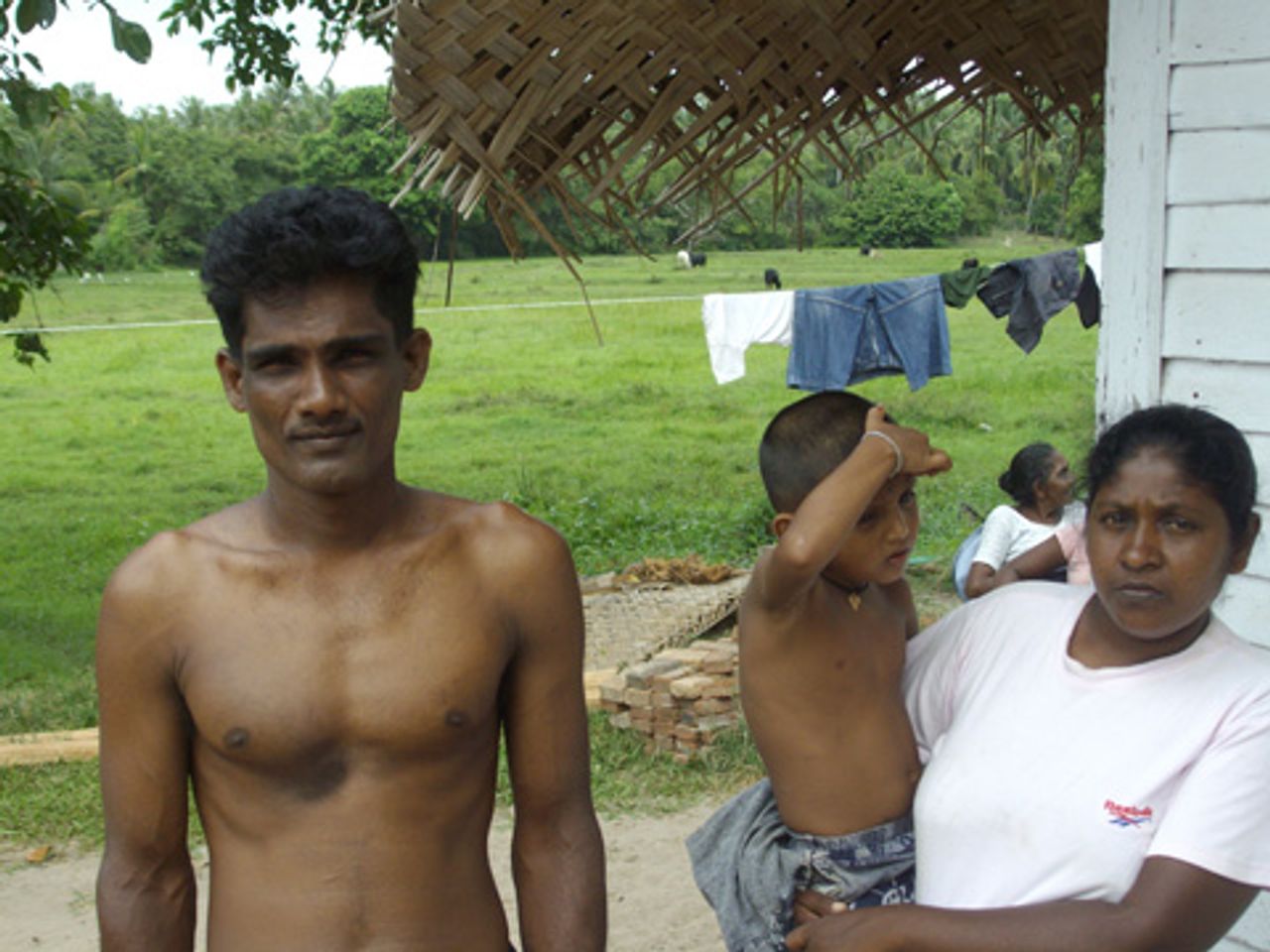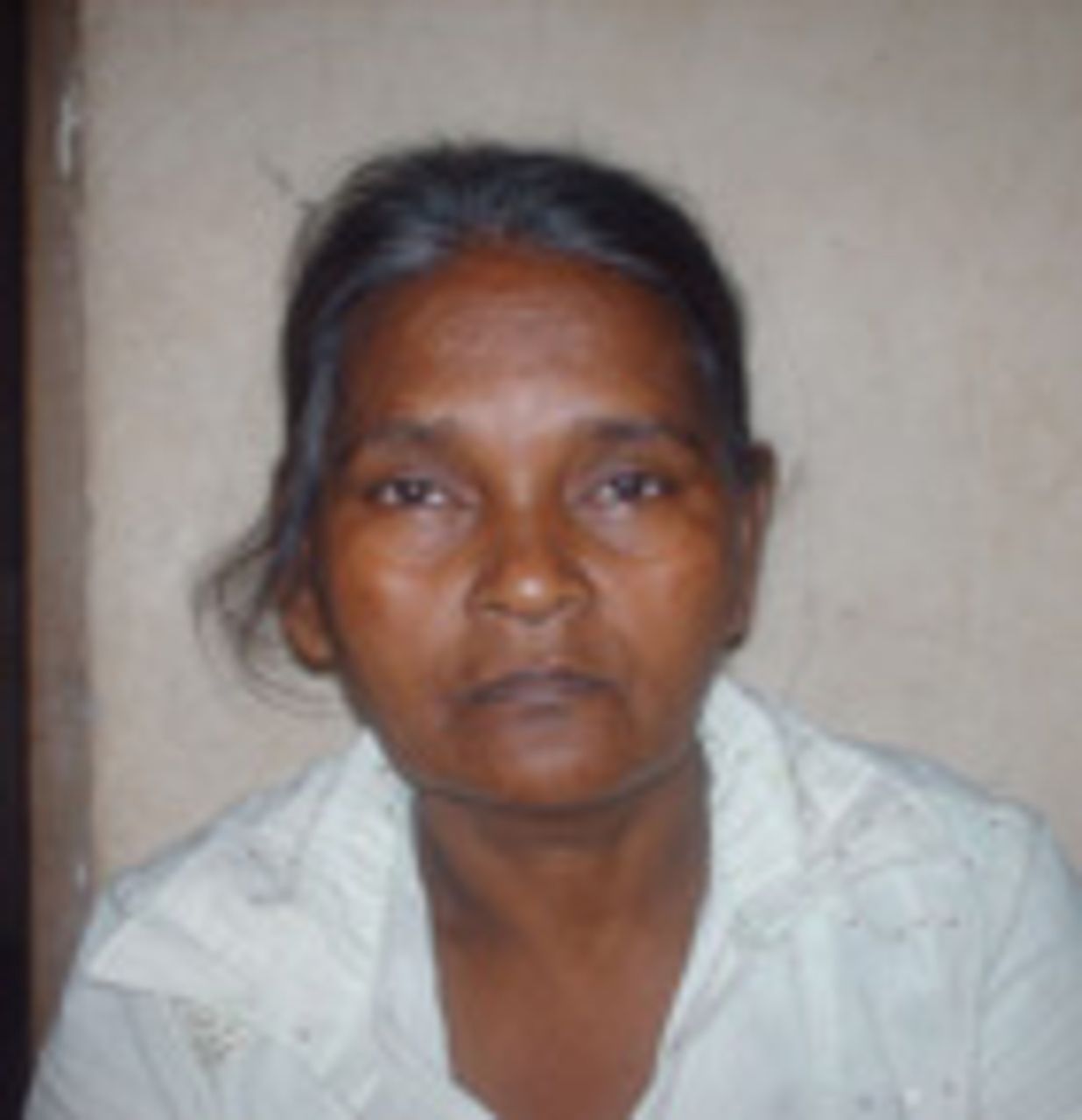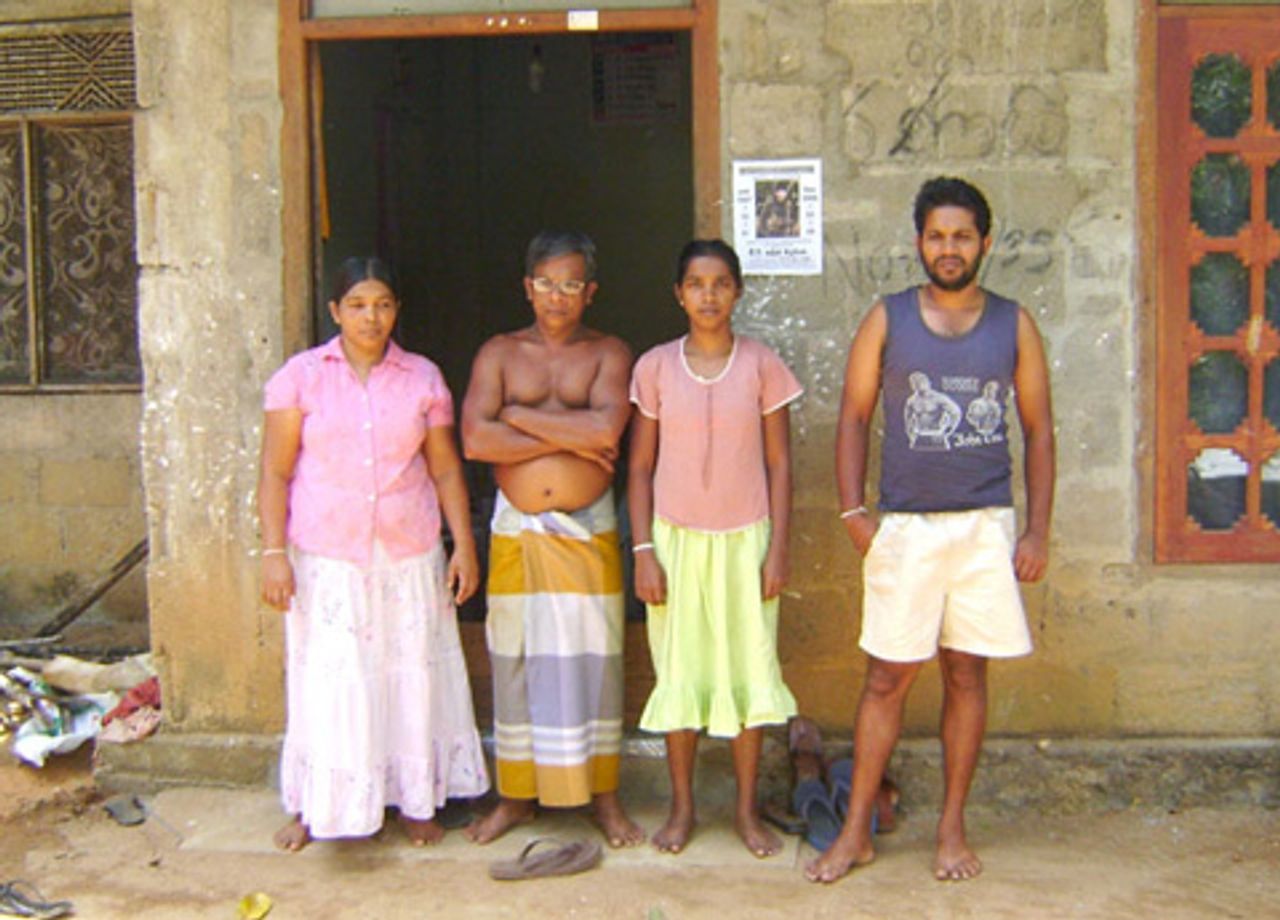The Sri Lankan government’s “final offensive” against the separatist Liberation Tigers of Tamil Eelam (LTTE) in the island’s north has killed and injured thousands of Tamil civilians as well as displacing hundreds of thousands others.
While the defence ministry reports that soldiers are facing “stiff resistance,” it refuses to allow any journalists into the area and last October stopped reporting soldier casualties. The government claims that the death toll is a security issue, but the real reason is its fear that the escalating casualties would add to the popular anger and discontent over the war.
Over the past month, the bodies of hundreds of dead soldiers have been returned to their families in remote villages in the south. Many more wounded soldiers are being treated in government hospitals in Colombo and other areas. This terrible toll is the other side of the Sri Lankan government’s criminal war.
Most soldiers are economic conscripts, forced through poverty to become cannon-fodder in the communal war. Far from enlisting to support the communal aims of the government’s war, they join the army to provide money for their families. While President Mahinda Rajapakse constantly speaks of the “heroes” of his war, the real stories of their lives and deaths are never told.
World Socialist Web Site (WSWS) reporters recently spoke with the parents and families of several soldiers who were killed during last month’s battles in the northeast of the island.
***
Warnakulasuriya Amith Madhusanka, a 19-year-old solider from Haththiniya, about 57 kilometres from Colombo, was killed on April 29 in northern Puthukkudiyiruppu. According to information given to his parents, he was one of nine soldiers from the Gajaba regiment who lost their lives that day.
Like thousands of Sri Lankan soldiers, Amith was forced into the military by poverty. He left school after reaching Grade 10, took up masonry and carpentry work in order to support his parents, and then joined the army in January 2008.
 Amith Madhusanka's parents
Amith Madhusanka's parentsAmith’s parents, Ajith Joseph and Krishanthi Manike, were distraught over their son’s death.
Ajith Joseph, 39, has picked coconuts for nearly 20 years. Amith’s only sister is married. All are very poor and live in a small dwelling built from wooden planks and a roof thatched with coconut leaves.
Ajith Joseph explained: “The main reason my son joined the army was in order to raise money to build a house for our family. We don’t have land or a house. We used to live in small houses erected on other peoples’ lands and we drifted from one place to another.
“My son was very worried about our condition. He wanted to buy some land for us but he couldn’t do it. For the last two years we’ve been living in the home of his mother’s parents. This small piece of land was given to her father because he was working at the adjoining coconut estate.”
Government parliamentarian Dayassritha Thisera and several local politicians attended Amith’s funeral and told Ajith Joseph that he could build a house on a nearby small piece of land. Ajith Joseph began building a wooden-plank home on that land, using some of the money received by the family from the army for his son’s funeral.
Last week, however, local government authorities told Ajith Joseph that he could not build the house because the land was on a government reservation. “I spent 15,000 rupees [$US127, or more than two months pay] trying to build that house and I’ve now lost everything,” Ajith Joseph angrily said.
Ajith Joseph told us that many people had attended Amith’s funeral, with several parliamentarians appearing at the front of the procession. “All they want soldiers for is war,” he said. When asked about the government, he simply said: “We can’t live in the present unbearable conditions.”
Nirosha Perera from the Colombo suburb of Pannipitiya was told by local police on April 9 that her younger brother, Buddhika Sanjeewa, had been killed. One day earlier she received a telephone call from the Puthukkudiyiruppu army camp where Buddhika was stationed, asking why she had been named as his guardian, even though their parents were still alive.
“He named me as his guardian,” Nirosha told the WSWS, “in order to make me his beneficiary because I am the poorest in the family.” Her father’s sister and brother both had their sons killed in the army. “Now my father has lost his 22-year-old son,” she said.
Buddhika’s 56-year-old father works at the National Hospital in Colombo. He suffers from a heart ailment but has to keep working to support the family. His eldest son, a bachelor, drives a trishaw. Nirosha’s husband is a manual laborer, but without a regular income. They all live in a partially-constructed house.
Buddhika trained as a welder at the government’s Vocational Training Institute. He attempted to establish a welding workshop at home but lacked capital. Concerned about the economic problems facing the family and not wanting to be a burden, Buddhika decided to join the army.
“Mother and I tore up his school leaving certificate to stop him enlisting but he secretly obtained a second copy and joined the army,” Nirosha said.
Buddhika was given four months’ training and sent to the battlefront. Two months later his remains were sent back home. Family relatives told us that the army officers who escorted the body were unable to come to his funeral because they were too busy attending several similar funerals.
 Buddhika's mother
Buddhika's motherHolding back her tears, Buddhika’s grief-stricken mother said: “These people send youth who can just hold a gun to the front. I must say this openly—the government is responsible. To me he is my beloved kid but for them he’s just a soldier. They first said that the war would finish in a month and I thought that my kid would be home in a month, but no. Then they said it would finish in 48 hours but still my son didn’t come. Now you see how he came.”
Naleen Maduranga was killed on the Puthukkudiyiruppu battle front. His home is in Avissawella, about 50 km southeast of Colombo, where he lived with his uncle, M.K. Sunil, a 53-year-old carpenter.
Maduranga, who was raised by his uncle, was killed March 29. On the same day, his sealed coffin was escorted home by several army officers. The government provided 30,000 rupees (about $US260) for funeral expenses.
 Sunil's family
Sunil's familyThree families—Sunil’s own, his son’s and his daughter’s—live in the house, which is located on a small piece of land. Sunil suffers from a heart disease but he has to keep working to provide income for his extended family.
In tears, Maduranga’s aunt told us: “The army did not even know when my nephew died and we don’t even know that Maduranga’s body was there in the coffin. An army officer waited on duty till the burial was over and we were advised not to open the coffin. We all somehow expect that Maduranga may come home again.”
Maduranga was born in 1987 in Avissawella and educated at Mahiyangana Central College about 220 kilometres from Colombo. Forced to abandon his education prematurely, 11-year-old Maduranga began working as a helper in a local shop. Maduranga’s younger brother became a monk, having been offered to a temple.
Such was the poverty that when Maduranga was about 13 his parents asked Maduranga’s uncle Sunil to look after the teenager. He moved into Sunil’s home and began learning carpentry. Maduranga’s cousins told us that the boy suffered because he hadn’t been able to grow up in the warmth of his own family and out of deep despair tried to commit suicide on one occasion.
Maduranga joined the army in November 2007. He hoped that if he survived the war he could support his parents’ and uncle’s families, and if he were killed then both families would get compensation.
Maduranga quickly became fed up, deserted the army while on leave and began working as a bus conductor. Facing arrest by local police for desertion, he decided to go back to the army. Within months of rejoining, Maduranga’s dead body was returned to the home.
Sunil’s daughter, Thilini, told the WSWS that she was also married to a soldier and now had fears about his life. “I know how terrible the nightmare is for those families who have members engaged in this war.”
